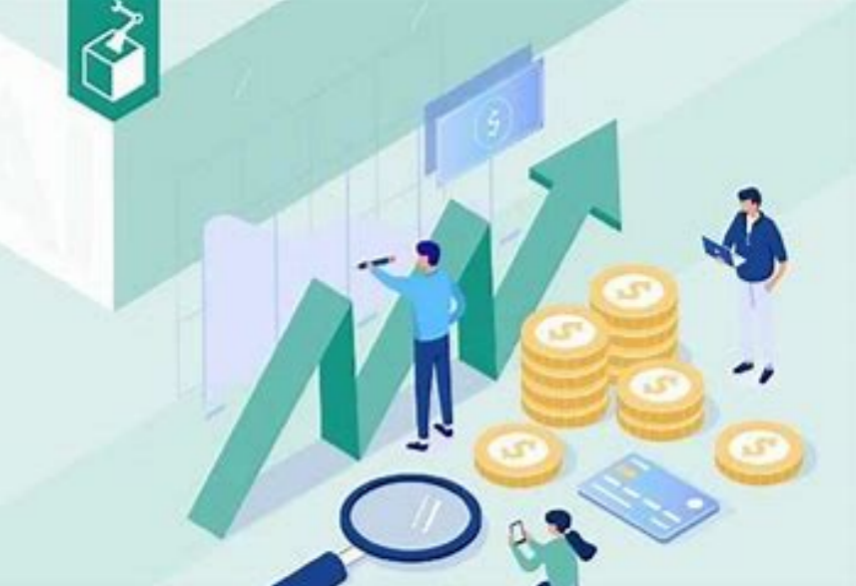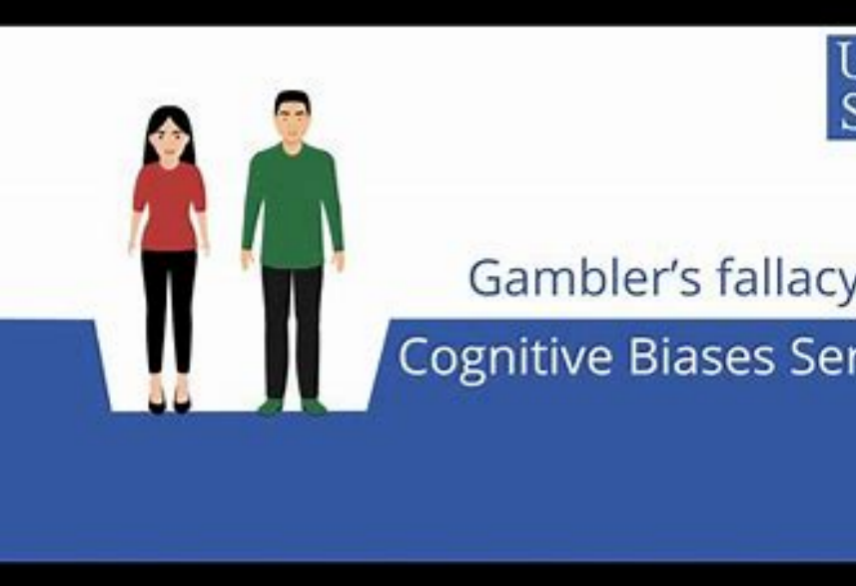In today’s financial world, credit use poses challenges and benefits, especially for wealthy individuals. Deciding whether to reduce or enhance spending through credit goes beyond just finances; it involves complicated psychological factors. By looking deeper, we reveal the complex psychological processes that are involved.
The Illusion of Infinite Resources
Credit cards and loans create the false impression of having endless funds, making it hard to distinguish between real wealth and money that is borrowed. People who spend a lot often get trapped in this way of thinking. The moment they use a credit card, the quick satisfaction of buying luxury items or enjoying experiences overshadows the logical concern of repaying later. Behavioral economists call this "mental accounting,” which means people handle money differently depending on its origin. Money borrowed through credit is seen as distinct from savings or income, making it easier to spend, which results in an upgraded lifestyle based on an unrealistic feeling of having too much.

However, there is an underlying worry about accumulating debt. Understanding that this borrowed money has to be paid back can cause stress, leading some individuals to cut back on spending to protect themselves. This struggle between wanting instant enjoyment and fearing money troubles creates a psychological conflict, influencing spending habits in unpredictable ways.
Social Comparison and Status Seeking
For individuals with significant wealth, social position greatly influences their buying choices. In a time where social media sparks constant comparison, the urge to uphold a specific lifestyle becomes overwhelming. Using credit to purchase high-end items serves as a way to align with friends or convey an image of wealth. Acquiring the newest luxury vehicle or high-fashion apparel on credit can quickly enhance one’s social image, fulfilling a deep human desire for acknowledgment and belonging.

Conversely, being aware of overindulgence and the fear of being judged by others may lead some to scale back their spending. A number of people might opt for a simpler lifestyle, prioritizing experiences over things, as a means to step away from the pursuit of material wealth. This change reflects not only a wise financial choice but also a psychological stance against the pressures of societal comparisons.
The Role of Emotional Spending
Emotions play a significant role in how we use credit. Many people engage in "retail therapy," a popular trend often made possible by credit cards. Even those with high incomes, who seem financially secure, may use credit for shopping to cope with feelings of stress, boredom, or emotional distress. Making purchases can give a quick boost of dopamine, the chemical linked to pleasure and reward.Nonetheless, this spending can lead to long-term feelings of guilt and regret. Once they realize they've overspent, especially on credit, many may feel the urge to reduce their spending, leading to a decrease in consumption. This pattern of emotional spending followed by attempts to control oneself illustrates the complicated link between emotions, credit use, and our purchasing decisions.
Cognitive Biases at Play
Various cognitive biases affect how people make decisions about credit-related spending. One such bias is the “anchoring effect,” which leads individuals to place too much importance on the first piece of information they receive. When it comes to credit, initial limits or promotional deals can set our ideas of what we can afford, often resulting in higher spending than necessary.
Another relevant bias is the “optimism bias.” Wealthy individuals, who are typically used to financial stability, may have an inflated perception of their ability to pay off debts. They often believe that their future earnings will easily manage credit costs, overlooking possible financial challenges. These cognitive biases, combined with the temptation of credit, encourage people to opt for upgrades in their consumption. However, when they later confront financial risks, they may reconsider and choose to downgrade instead.
In the realm of credit spending, the choice between upgrading and downgrading is influenced by complex psychological factors. For wealthy individuals, grasping these underlying influences is vital for making wiser and more balanced choices regarding consumption, helping them use credit as a way to improve their lives instead of inviting financial and mental strain.





